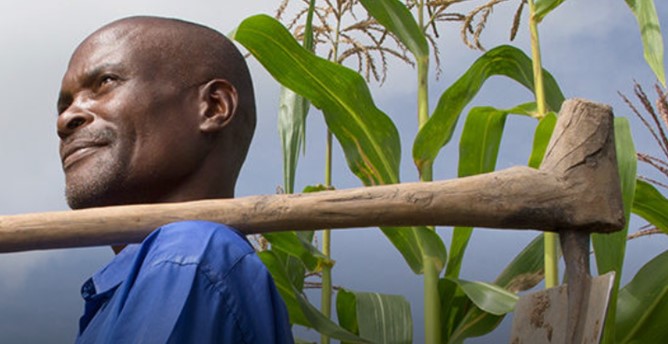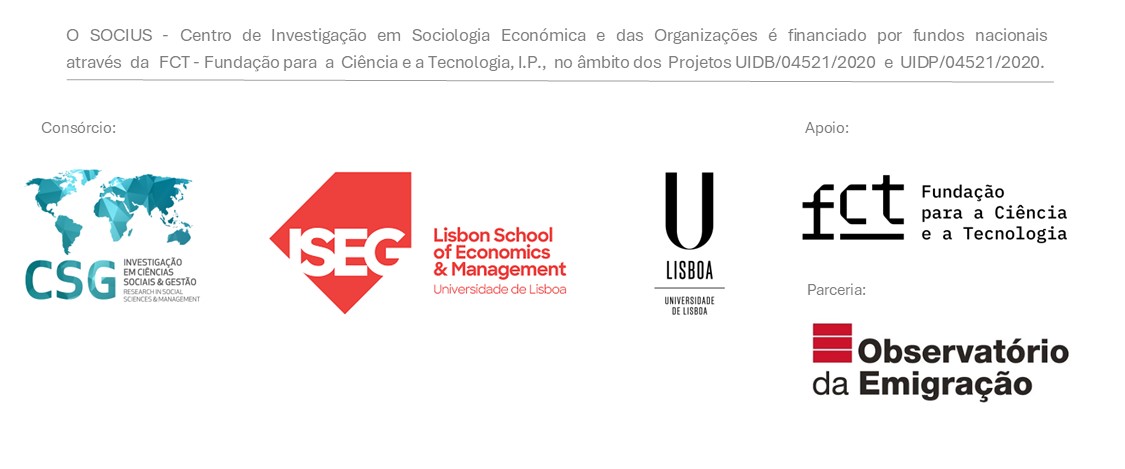
Large areas of agricultural land in W. and N. Africa are heavily degraded, with water scarcity, low soil fertility and poor plant health, due to use of unsuitable agronomic systems and inappropriate management. In W. Africa, poor water, organic matter and nutrient retention limit food productivity, whilst in N. Africa, salinisation, wind erosion, formation of crusts and compaction threaten rainfed cropland and silvopasture. The low food productivity, poor resilience and unsustainability of current approaches have severe socioeconomic and environmental consequences. The overall goal of SustInAfrica is to empower smallholder farmers, small and medium enterprises and various government and non-governmental organisations in Ghana, Burkina Faso, Niger, Egypt and Tunisia to successfully intensify food production and deliver ecosystem services in a sustainable and resilient manner. This will be achieved through: A) comprehensive analysis of i) local/regional target ecosystems; ii) currently applied and potential landscape, soil, water and plant health management strategies and agronomic systems; iii) relevant actors across supply/value chains; iv) business models and policies; v) challenges and threats to production; B) development of technologies, including a smart platform supporting farmers in decision-making, concerning factors assessed in A); C) implementation of field trials at target sites, combining traditional knowledge, sustainable strategies and systems (agroecology, agroforestry, organic farming) and modern technologies (developed apps/platform); D) communication/dissemination/education/training to inform stakeholders/consumers and empower smallholders (especially women/youths); E) exploiting/continuing approaches/technologies for improved productivity/ecosystem services, long-term self-sufficiency beyond the project, reduced hunger/poverty and gender/wealth disparity, reduced environmental impact, long-term local food sectors growth/increased economic benefit.
The objective of SustInAfrica is to empower small farmers and agricultural SMEs in West and North Africa to practice the sustainable intensification of agriculture in these regions. The fieldwork will take place in five African countries – Ghana, Burkina Faso, Niger, Egypt, and Tunisia – and will have a systemic approach towards intensifying self-sustainable and resilient primary production. In particular, the project aims to develop technological solutions to support production which will be implemented in pilot communities.
The ISEG team is to be the leader of the first work package which will carry out the basic analysis of the agricultural systems of the regions and the planned pilot schemes, as well as the design and follow-up of the monitoring. It will also participate in the development of the methods of empowerment and training of the communities which will be involved during the project.
PROJECT INTERNATIONAL COORDINATION: LUKE - Natural Resources Institute Finland
PROJECT NATIONAL COORDINATION (ISEG): Idalina Dias Sardinha (SOCIUS/CSG, ISEG)
TEAM: Alexandre Abreu (CEsA/CSG, ISEG), Amélia Branco (GHES/CSG, ISEG), Nuno Crespo (ADVANCE/CEsA/CSG, ISEG), Pedro Verga Matos (ADVANCE/CEsA/CSG, ISEG), Sofia Bento (SOCIUS/CSG, ISEG) & Rita Queiroga
FUNDING: Horizon 2020 – Increasing production efficiency and coping with climate change, while ensuring sustainability and resilience. RIA – Research and Innovation action. Approved with 15/15 and funding of 7 million euros. ISEG’s funding total is 734,000€.
DURATION: 2020-2025 (5 years)
URL: https://www.sustinafrica.com/


